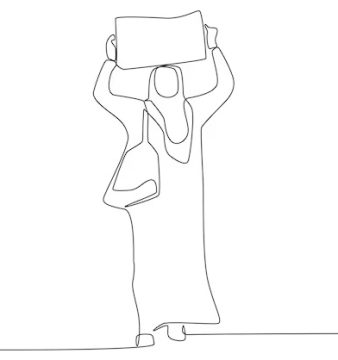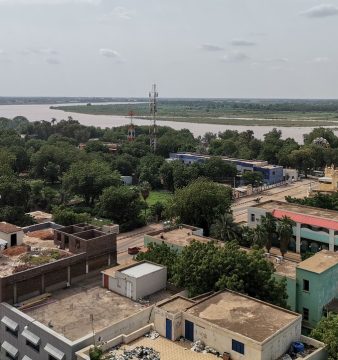Go Green for Sudan!

At Al Safyia Family Club, Bahri, revolutionary chants bellowed and celebrations all-round. People from the neighbourhood and all across Bahri and Khartoum come to join in the grand reopening of the family club. The refurbishment was a community effort, and a collaboration with different initiatives that seek to empower such grassroots movements and community developments.
With every person doing their part, ‘We will build it’ is the phrase used to describe their efforts, and echoes the frustration towards the political process. During the event, trees were planted as good deeds for the martyrs of the revolution, musicians helped induce nostalgia for the sit in days, and workshops about female empowerment were open for all.
Among these initiatives is Green for Sudan, an initiative that aims to, among other things, plant 50,000 trees within Khartoum. Cooperating and coordinating with the various neighbourhoods’ committees, they provide expert consultants in the field of agriculture, surveying and architecture. Once a neighbourhood has been surveyed, Green for Sudan would provide the tools, plants and soil necessary to actualise the vision shared by both Green for Sudan and the neighbourhood.

One of the founders of Green for Sudan, Awab Elamin, said, ‘Green for Sudan aims to contribute towards environmental policy reforms in Sudan. Furthermore, the youth lead initiative hopes to raise awareness of and revitalise interest in natural means of agriculture such as organic and regenerative methods. Concepts such as composting and the importance of soil microbiology will be made easy and taught in workshops targeting Sudanese citizens. For example, the many people that have fruit trees that aren’t bearing any fruit or aren’t producing to their full capability will be taught how to remedy such issues. It is time to lay claim to our status as an agricultural country.’
Finally we can say the whole of Burri Ad Dara’Isah have gone green and 500 seedlings have been planted by burri resistance committee and GFS volunteers.#greenforsudan #greenforburri #GFS pic.twitter.com/TJBuPljFFt
— Green Sudan (@GreenForSudan) October 29, 2019
With the desertification already effecting some parts of Sudan, it is up to the communities within Sudan to help reduce the effects of climate change. This initiative, and its like, come at a critical time, where the Red Cross has named Sudan as one of the 10 countries most vulnerable to climate change. In a recent report by Al Jazeera, cities have been swallowed whole by the sand dunes, and this is in part due to the cutting down of trees, demolishing sand barriers that make way for desertification.

Being part of Green for Sudan, I could say that during all our field work and meetings, I am always fascinated by the sheer number of people whom are supportive, enthusiastic and empathetic towards the cause. From the neighbourhood committees to family clubs, there is no short of helping hands. In addition to planting trees, these initiatives aid in establishing a process of working that does not require bribery, or corruption as was practiced in the old days, rather it is pure effort and donations. The hoarding of funds and bribing of officials, through these initiatives, can be addressed. Perhaps unwittingly, could mark the beginning of a functioning transparent bureaucratic system.
For more information on Green for Sudan, find them on social media on Facebook: Green for Sudan @GreenforSudan; Twitter: @GreenForSudan, and Instagram: @greenforsudan.

Currently residing in Khartoum and Nottingham, Mohamed Khougali is a person-centred psychotherapist and a Leftist activist. He occasionally writes articles on politics, psychology and history. He’s written for Mondoweiss, The Psychologist, The Canary, Middle East Monitor and others.




